Home>diy>Building & Construction>What Happens If New Construction Doesn’t Appraise


Building & Construction
What Happens If New Construction Doesn’t Appraise
Modified: December 12, 2023
Learn what happens if new construction doesn't appraise and how it can impact your building construction project. Find solutions to navigate appraisal challenges.
(Many of the links in this article redirect to a specific reviewed product. Your purchase of these products through affiliate links helps to generate commission for Storables.com, at no extra cost. Learn more)
Introduction
Embarking on a new construction project is an exhilarating endeavor, filled with anticipation and the promise of a tangible outcome. Whether it's a residential abode, commercial space, or an infrastructure development, the construction process involves meticulous planning, skilled labor, and substantial financial investments. Amidst the myriad considerations that accompany construction, the appraisal of the property holds immense significance. An appraisal serves as an impartial assessment of the property's value, offering crucial insights for various stakeholders involved in the construction process. However, what transpires if the new construction doesn't appraise as expected? This article delves into the appraisal process, the ramifications of a low appraisal, and the available options for addressing this predicament.
The appraisal process is a pivotal aspect of new construction, influencing crucial decisions and financial aspects. Understanding the intricacies of this process and the potential consequences of a low appraisal is paramount for anyone involved in construction ventures. Let's navigate through the nuances of the appraisal process and unravel the implications of an appraisal falling short of expectations.
Key Takeaways:
- A low appraisal for new construction can lead to financial challenges, negotiation hurdles, and market perception issues. Proactive measures like reassessment, negotiation, and adaptation can help mitigate the impact and steer the project towards success.
- When faced with a low appraisal, stakeholders can explore options such as reassessment, seeking a second opinion, and strategic market positioning to address the challenges and capitalize on opportunities for the construction project’s long-term viability.
Understanding the Appraisal Process
The appraisal process is an integral component of the construction journey, wielding substantial influence on the project’s trajectory. An appraisal entails a comprehensive evaluation of the property’s value, encompassing various factors such as location, size, condition, and comparable properties in the vicinity. Typically conducted by a licensed appraiser, this process involves a meticulous assessment to ascertain the fair market value of the property.
During new construction, the appraiser considers the blueprints, land value, anticipated construction costs, and the prospective value of the completed structure. This multifaceted evaluation aims to provide an unbiased estimation of the property’s worth, serving as a pivotal determinant for lenders, developers, and prospective buyers.
Moreover, the appraisal process involves a detailed inspection of the construction site and an analysis of the architectural plans and materials to be used. The appraiser scrutinizes the construction quality, adherence to building codes, and the overall feasibility of the project. Additionally, the appraiser evaluates the market trends and demand for similar properties, offering a comprehensive perspective on the property’s value in the current economic landscape.
Furthermore, the appraiser considers the potential income generation capacity of the property, especially in the case of commercial constructions. This entails assessing the property’s viability for generating rental income or housing businesses, thereby contributing to the overall valuation.
Ultimately, the appraisal process is a meticulous and intricate undertaking, amalgamating various facets of the construction project to derive a comprehensive valuation. Understanding the intricacies of this process is fundamental for all stakeholders involved in new construction endeavors, as it underpins pivotal decisions and financial considerations.
Consequences of a Low Appraisal
A low appraisal for a new construction project can have far-reaching implications, impacting various stakeholders and aspects of the endeavor. When the appraised value falls below the anticipated or invested amount, several consequences come into play, influencing the project’s progression and the parties involved.
- Impact on Financing: A low appraisal can impede the financing aspect of the construction project. Lenders rely on the appraised value to determine the loan amount, and a low appraisal may lead to inadequate funding, requiring the developer or buyer to bridge the financial gap.
- Stifled Negotiations: In the case of a buyer-seller transaction, a low appraisal can hinder negotiations. The discrepancy between the expected price and the appraised value may lead to protracted discussions or even the dissolution of the deal.
- Developer’s Dilemma: For developers, a low appraisal poses a significant predicament. It affects the project’s feasibility, potentially leading to financial setbacks and necessitating reassessment of the construction cost and pricing strategies.
- Market Perception: A low appraisal can influence the property’s perceived value in the market. This may impact future sales, rental prospects, and the overall market positioning of the construction, potentially affecting its long-term viability.
- Time and Resources: Dealing with a low appraisal consumes valuable time and resources. It necessitates reevaluation, renegotiation, and potential modifications to the construction plan, leading to delays and additional expenses.
These consequences underscore the significance of the appraisal process in new construction ventures and emphasize the need for proactive measures to address and mitigate the impact of a low appraisal.
Tip: If new construction doesn’t appraise, the buyer may need to come up with more cash or negotiate with the seller to lower the price. It’s important to work with a real estate agent and lender who can help navigate the situation.
Options for Dealing with a Low Appraisal
When faced with a low appraisal for a new construction project, various options exist to navigate this challenging scenario and mitigate its impact. Proactive and strategic measures can help alleviate the repercussions of a low appraisal, enabling stakeholders to steer the project towards a favorable outcome.
- Reassessment and Documentation: Engaging the appraiser for a reassessment and providing comprehensive documentation regarding the construction plans, materials, and market trends can help elucidate the property’s value more effectively.
- Negotiation and Adjustments: Initiating negotiations with the appraiser, lender, or involved parties to present pertinent data and make adjustments based on valid discrepancies can facilitate a reassessment of the property’s value.
- Seeking a Second Opinion: In instances of contentious appraisals, seeking a second opinion from a reputable appraiser can provide an alternative perspective and potentially yield a more favorable valuation.
- Revisiting Financing Options: Exploring alternative financing options or engaging with the lender to reevaluate the loan terms based on the construction’s intrinsic value and potential can help bridge the financial gap caused by a low appraisal.
- Adaptation and Innovation: Adapting the construction plan, materials, or design elements to align with the appraised value without compromising quality or integrity can help mitigate the impact of a low appraisal.
- Market Positioning and Communication: Strategically positioning the construction in the market and effectively communicating the property’s value proposition to potential buyers or tenants can help offset the repercussions of a low appraisal.
These options underscore the significance of proactive engagement and strategic decision-making when confronted with a low appraisal for new construction. By leveraging these avenues, stakeholders can navigate the challenges posed by a low appraisal and work towards achieving a favorable outcome for the construction project.
Conclusion
The appraisal process stands as a critical juncture in the trajectory of new construction projects, wielding substantial influence on financial, strategic, and operational aspects. Understanding the nuances of this process, the potential ramifications of a low appraisal, and the available options for addressing this predicament is indispensable for all stakeholders involved in construction endeavors.
While a low appraisal can pose formidable challenges and reverberate across various facets of the construction project, it also presents an opportunity for proactive engagement and strategic decision-making. By reassessing, negotiating, seeking alternative perspectives, and adapting to the circumstances, stakeholders can navigate the impact of a low appraisal and steer the project towards a favorable outcome.
Embracing transparency, documentation, and effective communication while exploring alternative financing options and potential adjustments to the construction plan can help alleviate the repercussions of a low appraisal. Furthermore, strategic market positioning and a proactive approach to addressing the appraisal discrepancy can bolster the construction’s long-term viability and market standing.
Ultimately, the appraisal process and its potential outcomes underscore the dynamic nature of new construction endeavors, necessitating agility, resilience, and strategic acumen to navigate the challenges and capitalize on the opportunities that arise. By leveraging the available options and embracing a proactive mindset, stakeholders can surmount the impact of a low appraisal and steer the construction project towards success and viability in the market.
As new construction projects continue to shape the urban landscape and infrastructure, the appraisal process remains a pivotal determinant of their trajectory, underscoring the need for informed decision-making, proactive engagement, and strategic maneuvering to address and mitigate the impact of a low appraisal.
Frequently Asked Questions about What Happens If New Construction Doesn't Appraise
Was this page helpful?
At Storables.com, we guarantee accurate and reliable information. Our content, validated by Expert Board Contributors, is crafted following stringent Editorial Policies. We're committed to providing you with well-researched, expert-backed insights for all your informational needs.



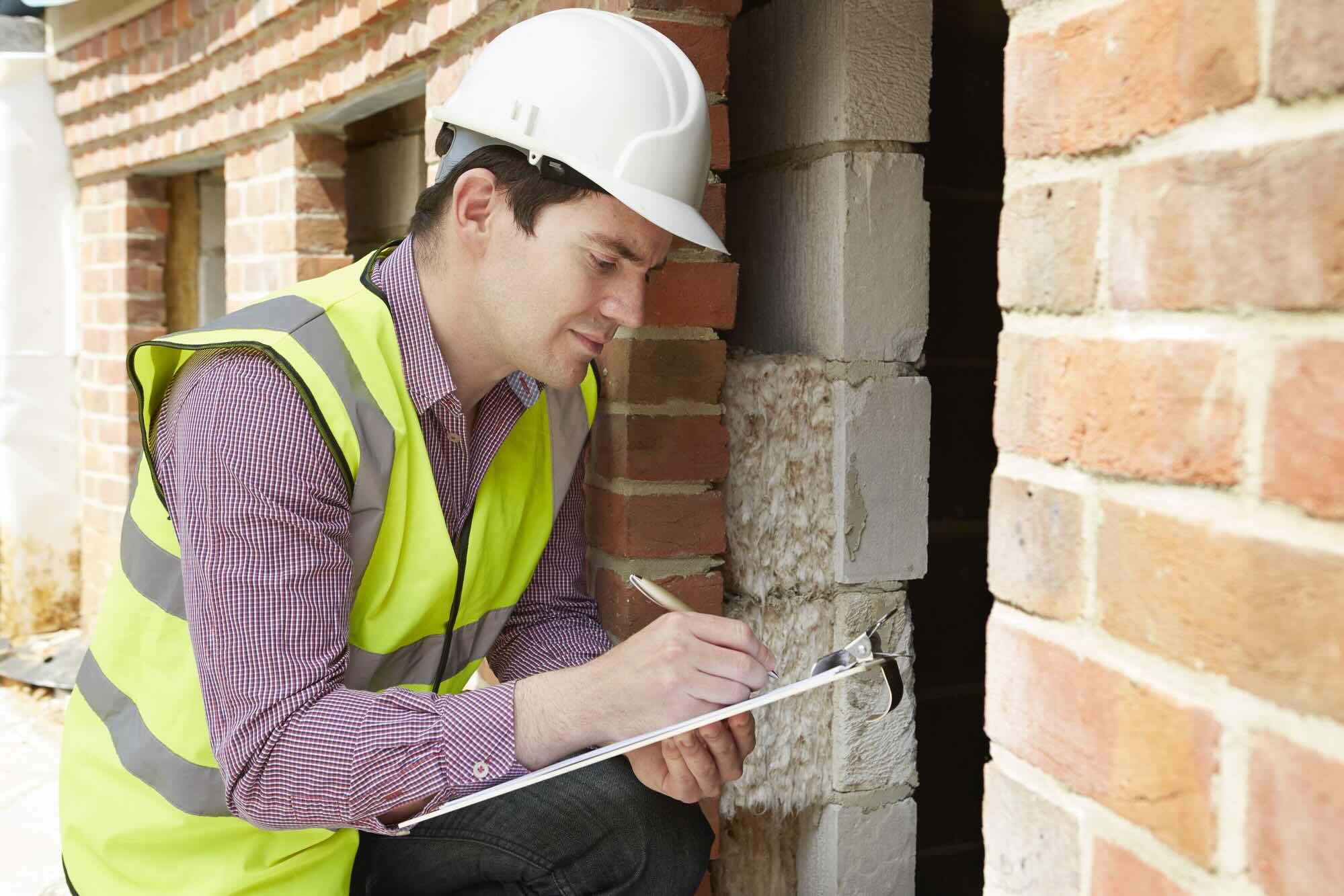
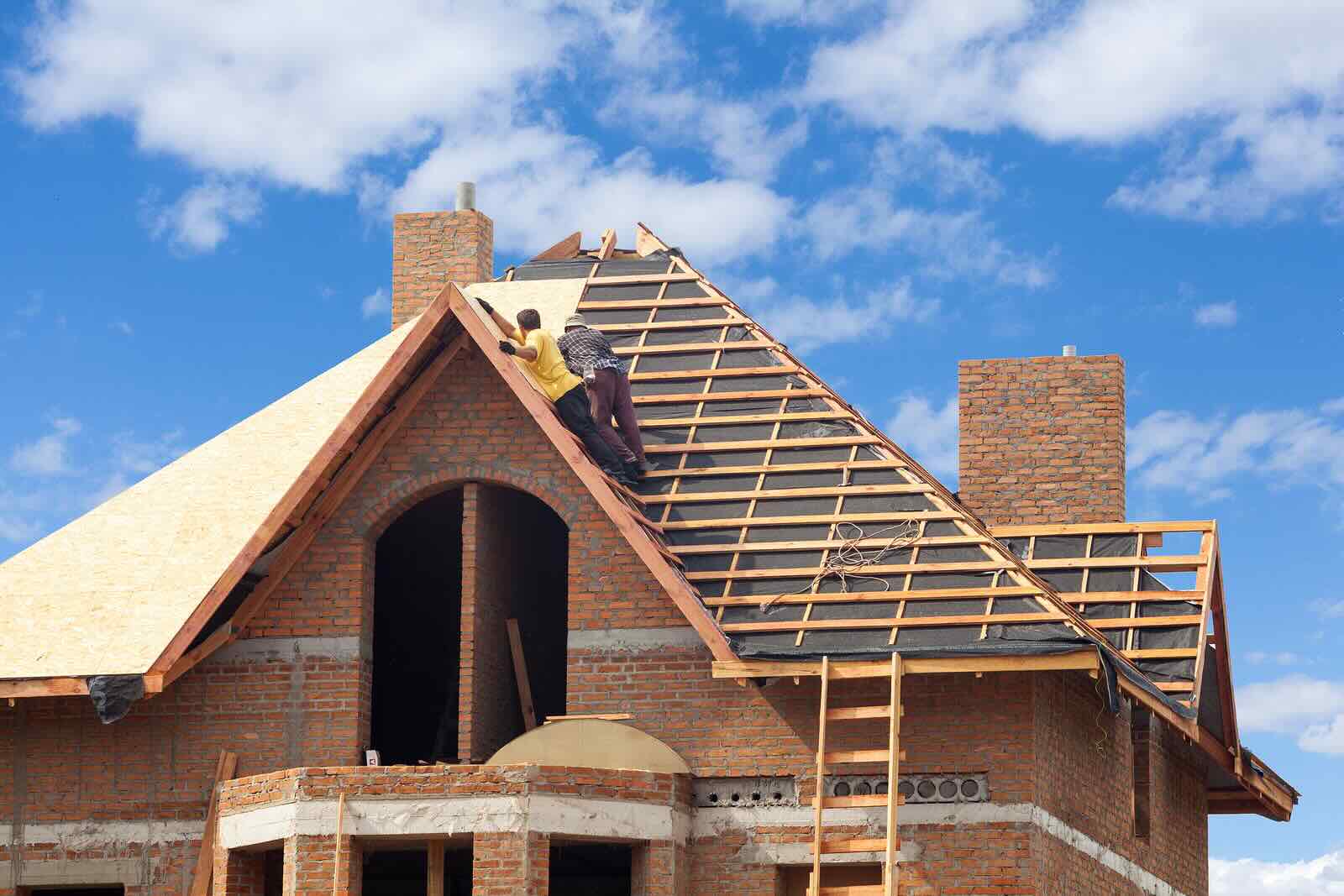


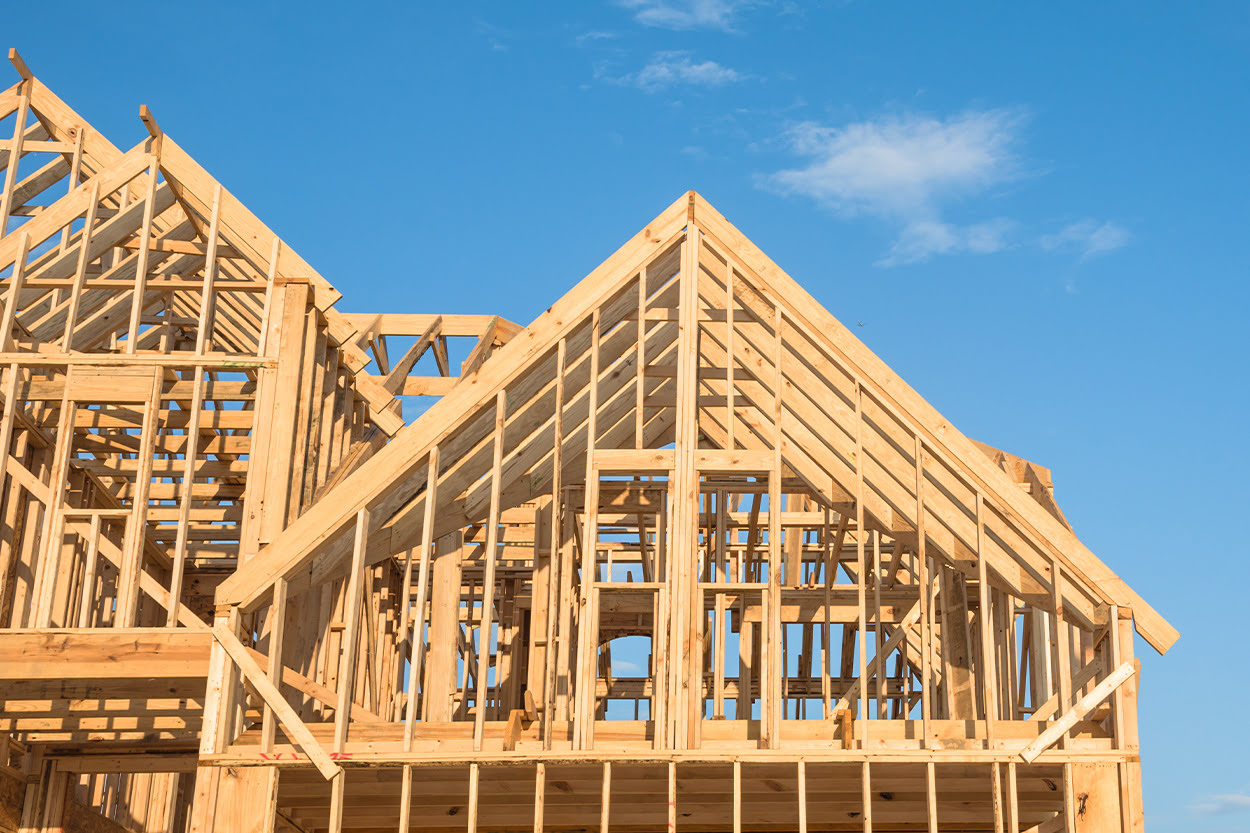
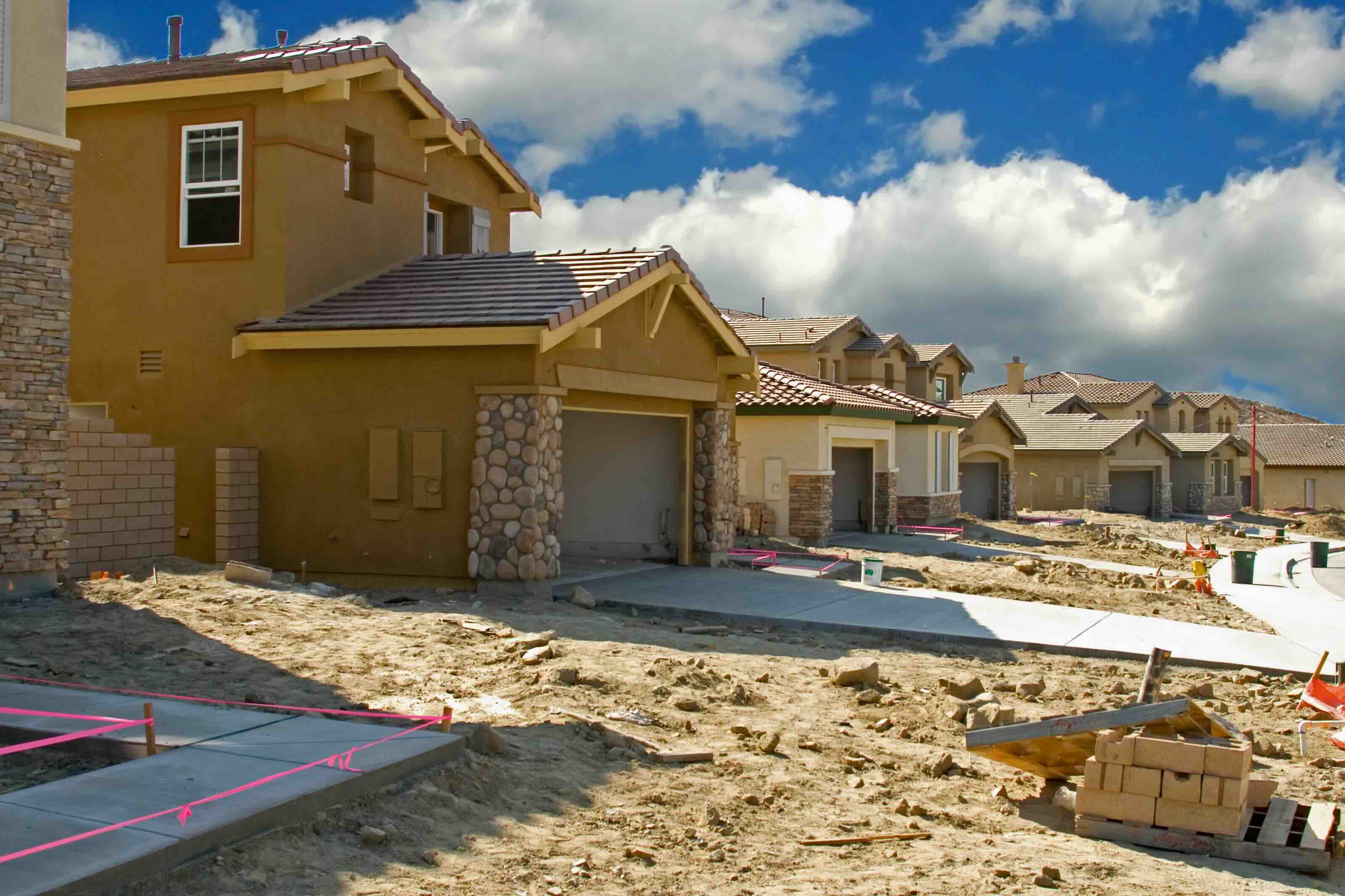
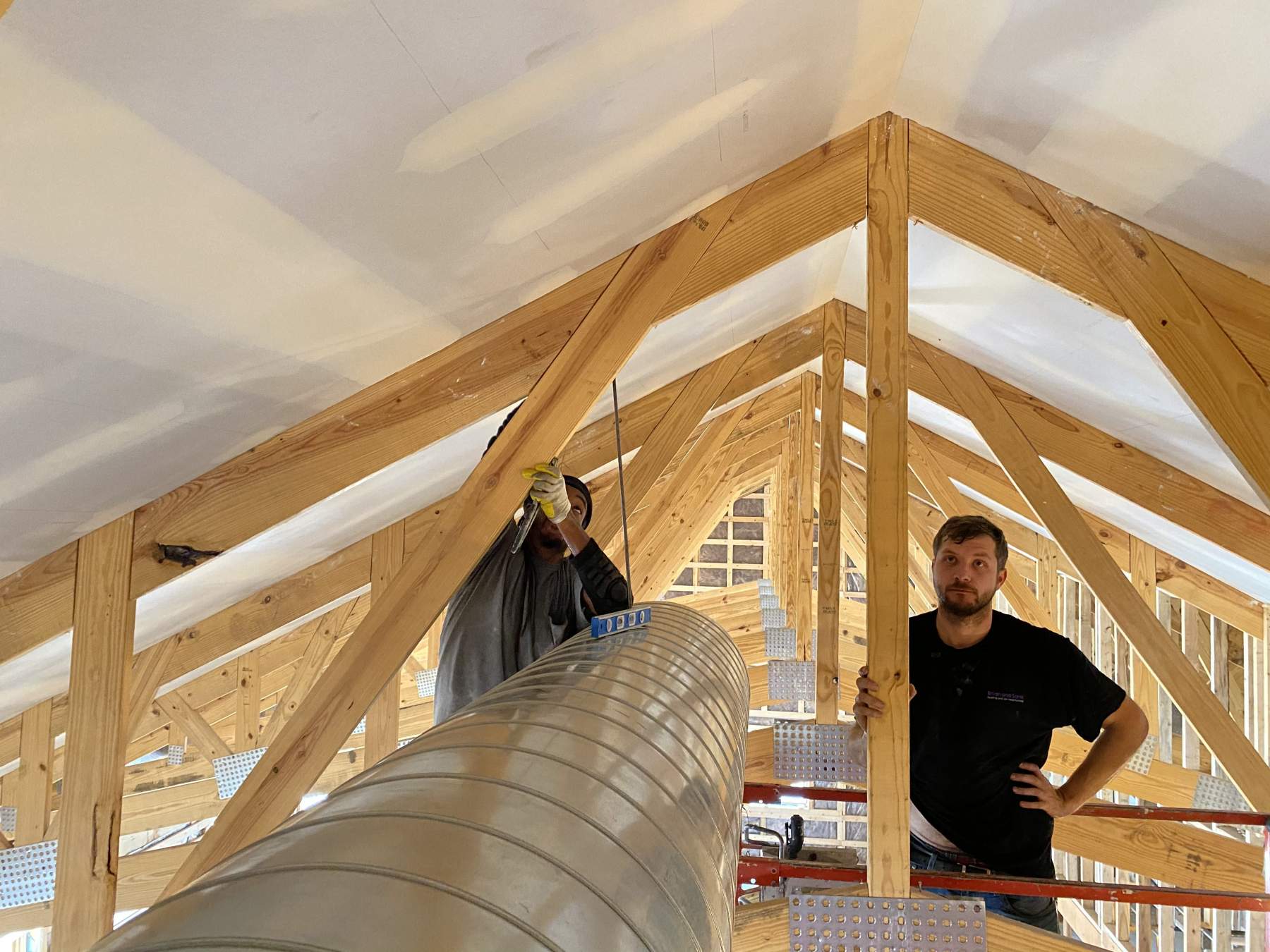




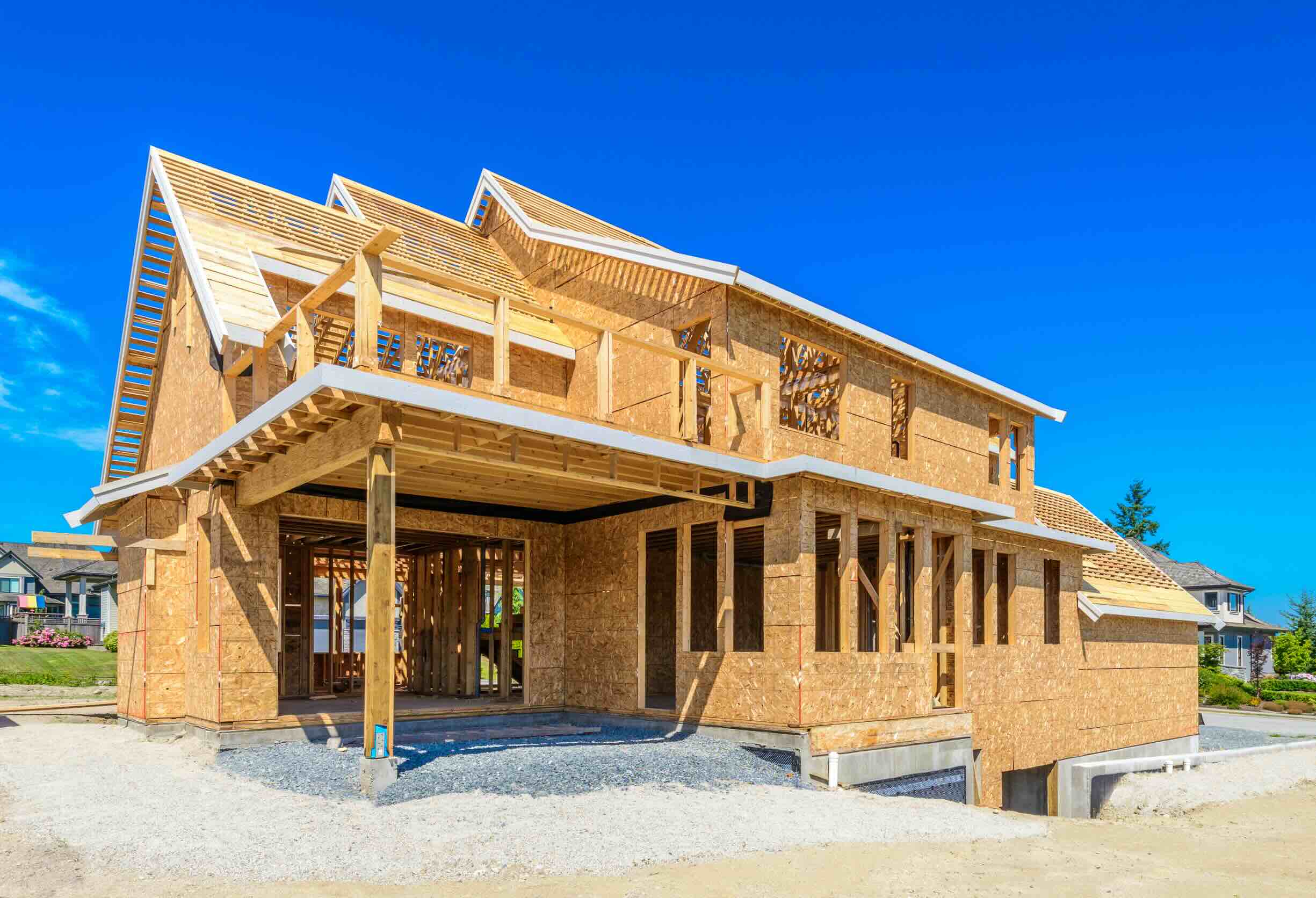

0 thoughts on “What Happens If New Construction Doesn’t Appraise”